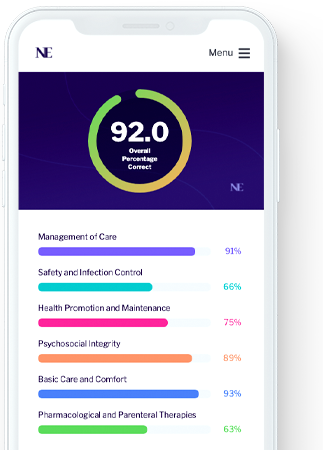The Art of Collaboration: Bridging Disciplines for Optimal Performance
“No man is an island,” said English poet John Donne, and this sentiment also applies to nurses. You can’t do everything for your patients alone, and luckily you don’t have to. One sick patient has a group of health professionals working with them directly or behind the scenes to manage their care.
Depending on where you practice nursing, you may have more help than in other settings. And while you may feel, as many nurses do, that more and more duties are falling on your shoulders, be sure to take advantage of other professionals in your facility.
Physicians
No matter where you practice, your professional scope only goes so far. Nurses rely on physicians, and hopefully, your MDs believe in teamwork, not haughty ordering-about. Physicians write your orders and respond to your concerns.
If your patient isn’t looking great, you let your doctor know. If you work in a teaching hospital, residents may be your go-to docs. If you work in a community hospital or in home health, you may have your physician’s home or cell numbers. Either way, don’t be afraid to “bother” them when your patients need something you can’t give them.
Nurse Practitioners
Not all nursing settings employ nurse practitioners (NPs), but if they do, count yourself lucky. NPs may not have all the privileges of a doctor, but they are often more available. They have been where you are, and so they understand what you need better than a doctor could.
NPs are fantastic educators and often spend time with your patients, helping to ease that burden. In hospital settings, many NPs are assigned to a specific floor, so they are more available throughout your shift.
Patient Care Associates
These angels go by many different names: care techs, care associates, nurse aides…the list goes on. They take your patients’ vitals, bathe them, get them out of bed, help you reposition and clean them, and sometimes can even help with blood sugars and tube feeds.
Your relationship with your PCAs makes a huge difference. While sometimes this collaboration can be tenuous, try to find common ground and help each other out. A good tech-nurse dynamic can change the way you work.
Social Workers
Social workers often work behind the scenes. Others have desks at the nurse’s station. If you work in home care or a smaller facility, they may be off-site. But they are working to find your patient placement, speaking with family members, and having tough conversations daily.
If you have concerns about your patient’s living situation or where they’ll go after discharge, a social worker can take that off your plate. If your patient and their family have some drama going on, your social worker will likely be the one to handle it. Let them take that for you.
Pharmacists
Pharmacists may be some of the most underutilized resources by nursing staff. How often do you comb through your facility’s intranet (or even Google) to find out if you can run an antibiotic through the same line as your fluids? Or to find out if an IV medication is compatible with your fluids?
Call your pharmacist! Even if you work in home care, you probably have access to a pharmacist. If not, call your patient’s home pharmacy and ask to talk to theirs. Because they will be able to answer any question you have faster than you could find it otherwise.
You may be rolling your eyes at some of this list. The health system is not perfect, and in some workplaces, collaboration is harder than in others. But try to find out if some of these team members could help you more than you thought. Build relationships with your team, and you may find your job gets a bit easier.




